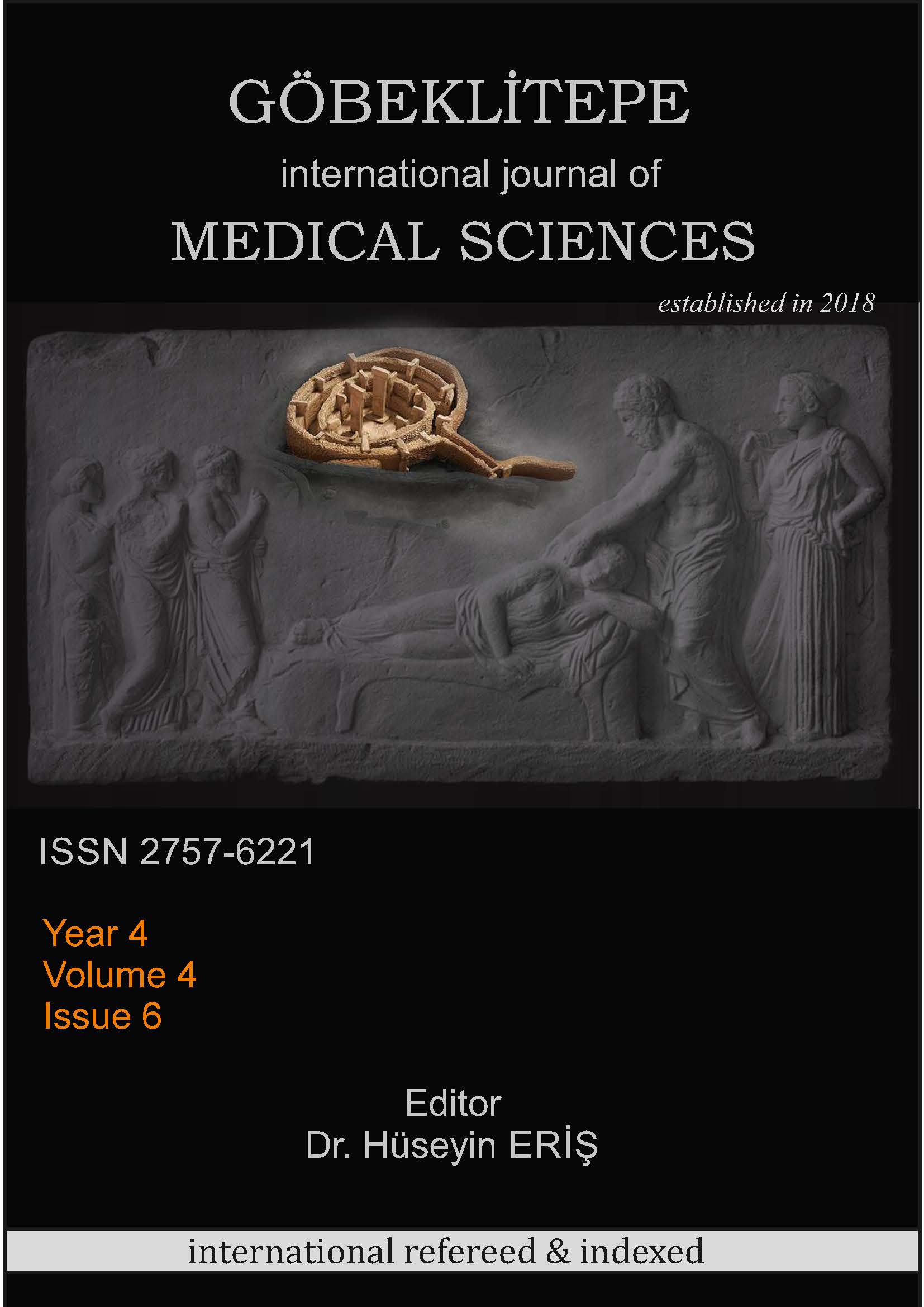VARIOUS HEALTH BENEFITS OF PROBIOTICS
Keywords:
Microbiota, Probiotics, Prebiotics, Synbiotics, Intestinal DiseaseAbstract
Unlike bacteria that cause diseases, probiotics are beneficial bacteria and yeasts that help various body systems, especially the digestive system and skin, to work in a balanced way. Beneficial bacteria, which also play a major role in eliminating the pathogenic effects of harmful bacteria, are found naturally in the body. While these communities that are formed are called "normal flora", they have been called "microbiota/microbiome" in recent years. Beneficial bacteria in this microbiome; are microorganisms that contribute to health in the human body, survive in internal organs, and are safe to consume. Due to these properties, they can be supplemented with supplements when their number decreases in the human body for any reason. Clinical and experimental studies reveal a strong link between the brain and the gut. In these studies, it is emphasized that changes in the microbiota may affect the metabolism, immunity, and hormone system in the body and this is closely related to the development of cancer, obesity, intestinal diseases, fatty liver, depression, and panic attacks. In addition, studies show that nutrition changes the microbiota and even affects our genes. Specialists have important responsibilities in raising the awareness of our society about healthy nutrition and Quality of Life. Otherwise, we see that disease phobia, especially cancer, is created unconsciously by people who are not experts in the subject. Research shows that probiotics can be used as potential solutions for human health. The strains most commonly used as probiotics include lactic acid bacteria, Bifidobacterium, Saccharomyces boulardii, and Bacillus coagulans. This review examines the relationship between probiotics and the human gut microbiota and their role in intestinal diseases. It also discusses its benefits such as immune modulation, cancer prevention, inflammatory bowel disease.





